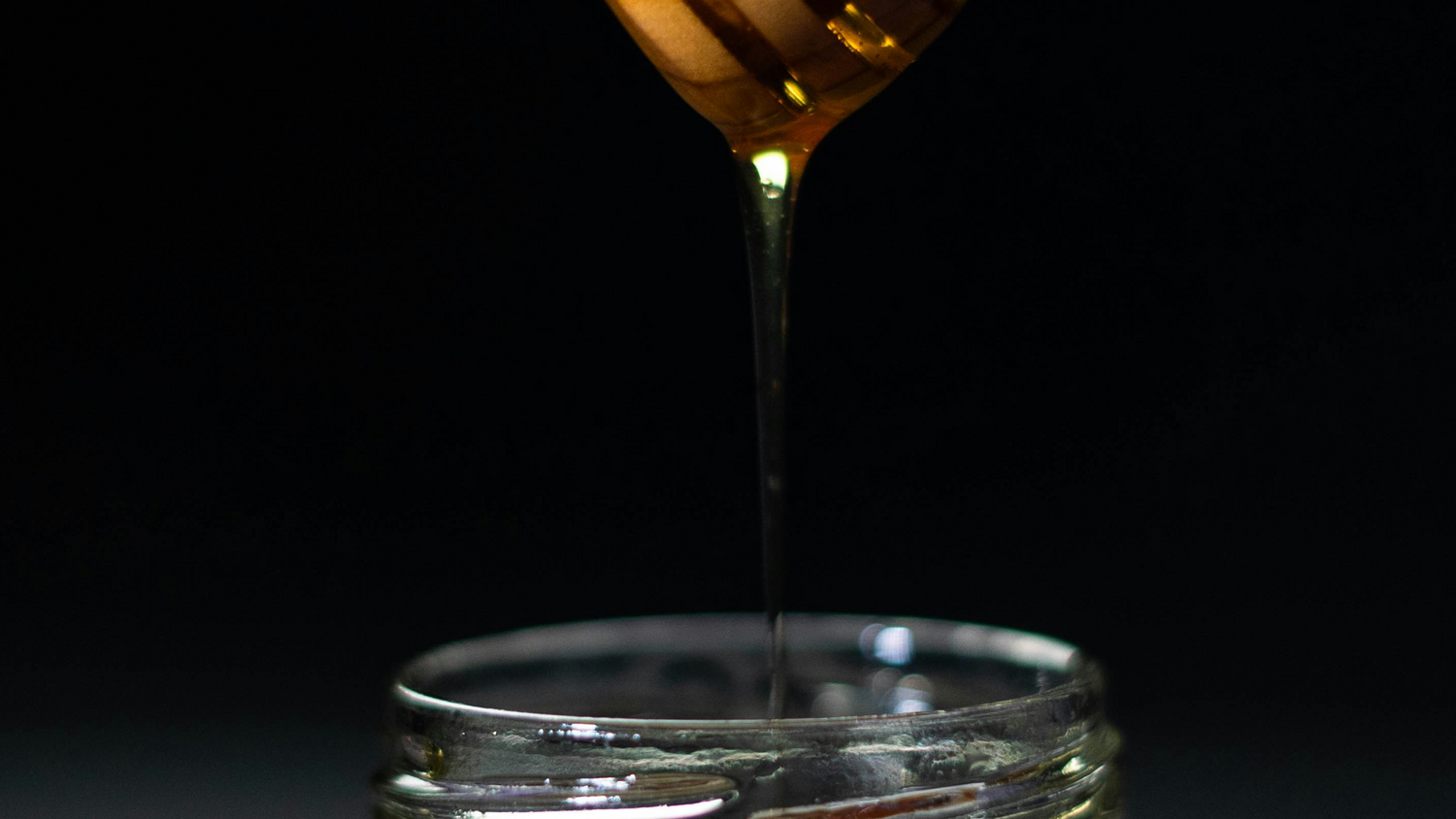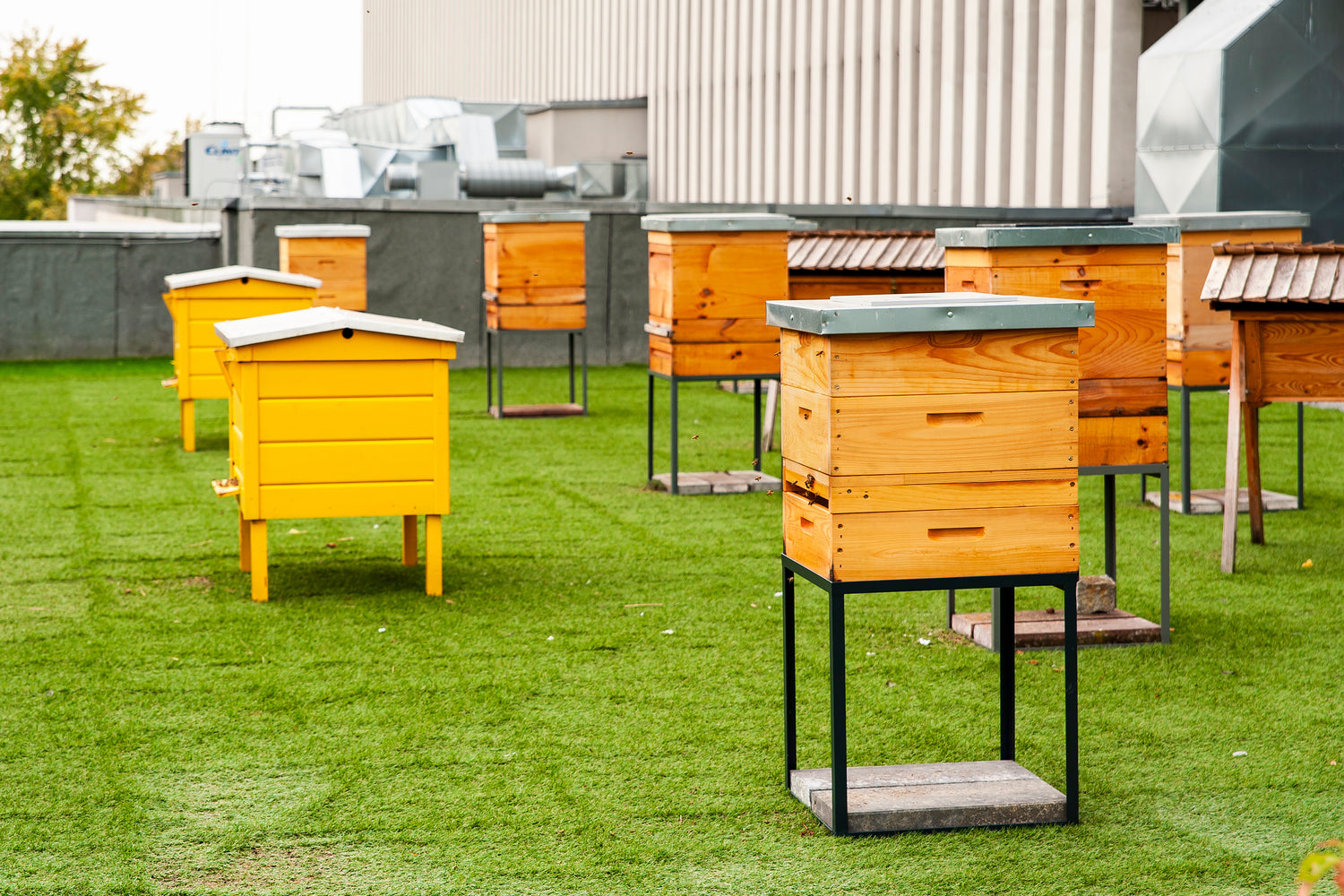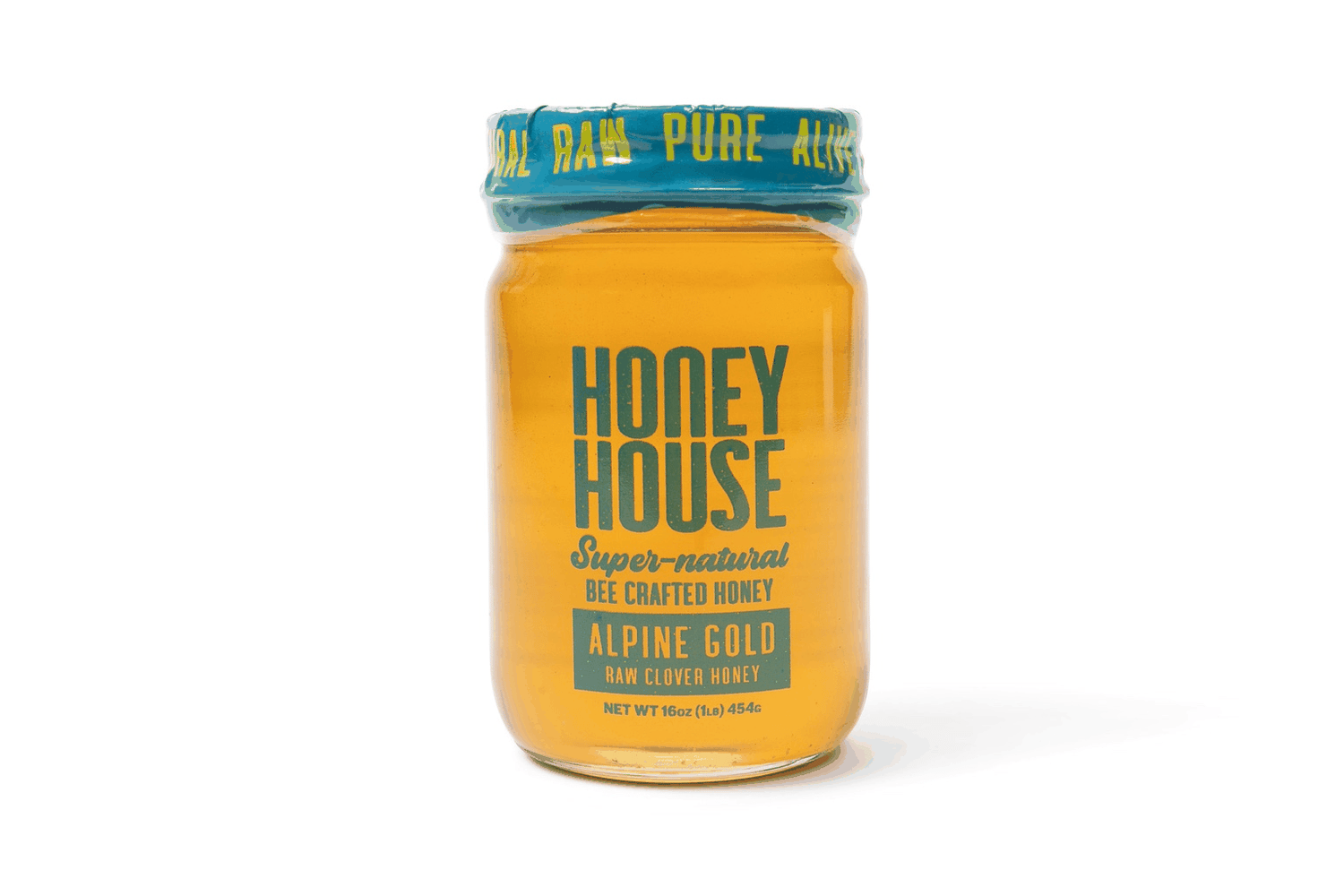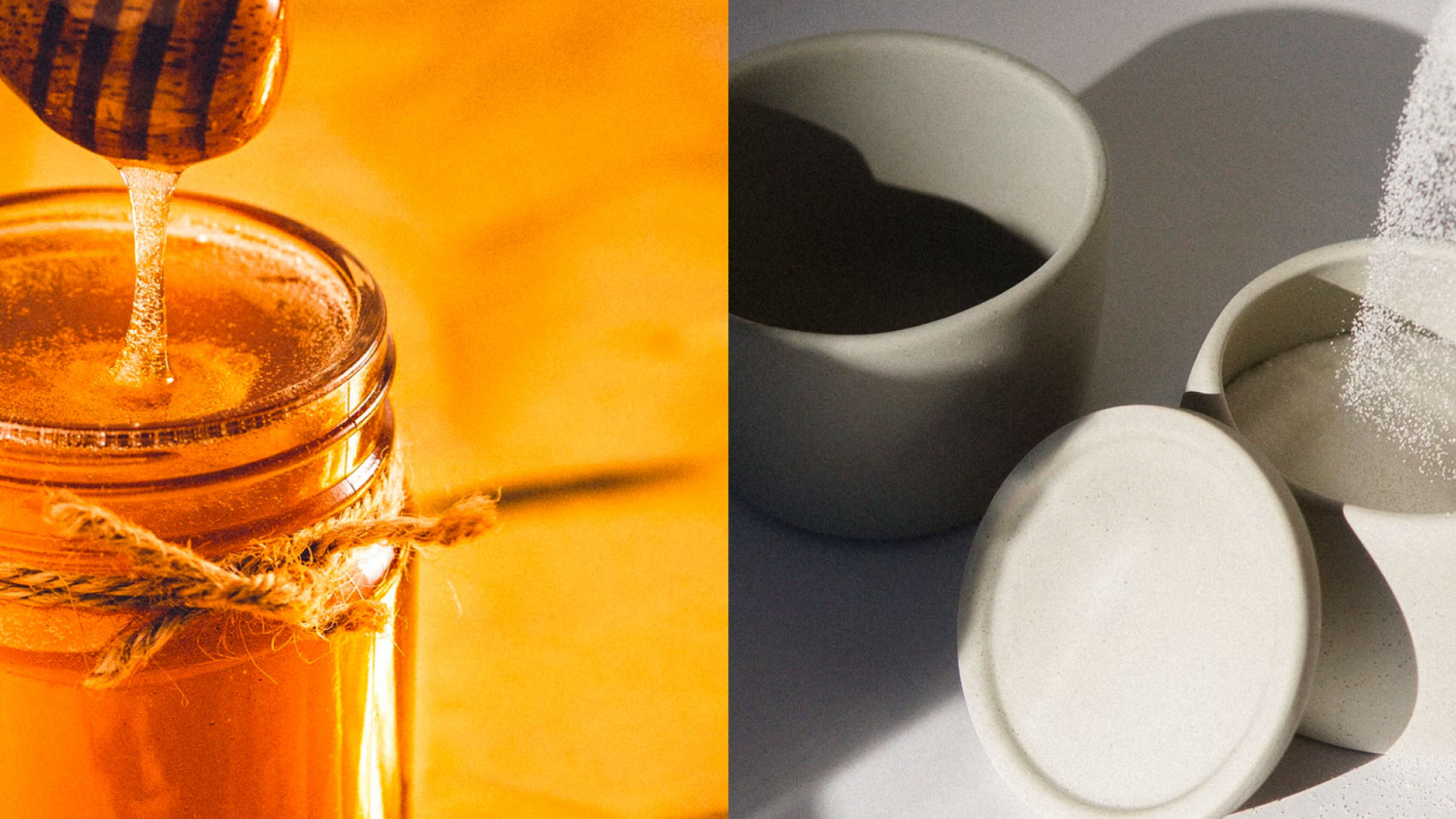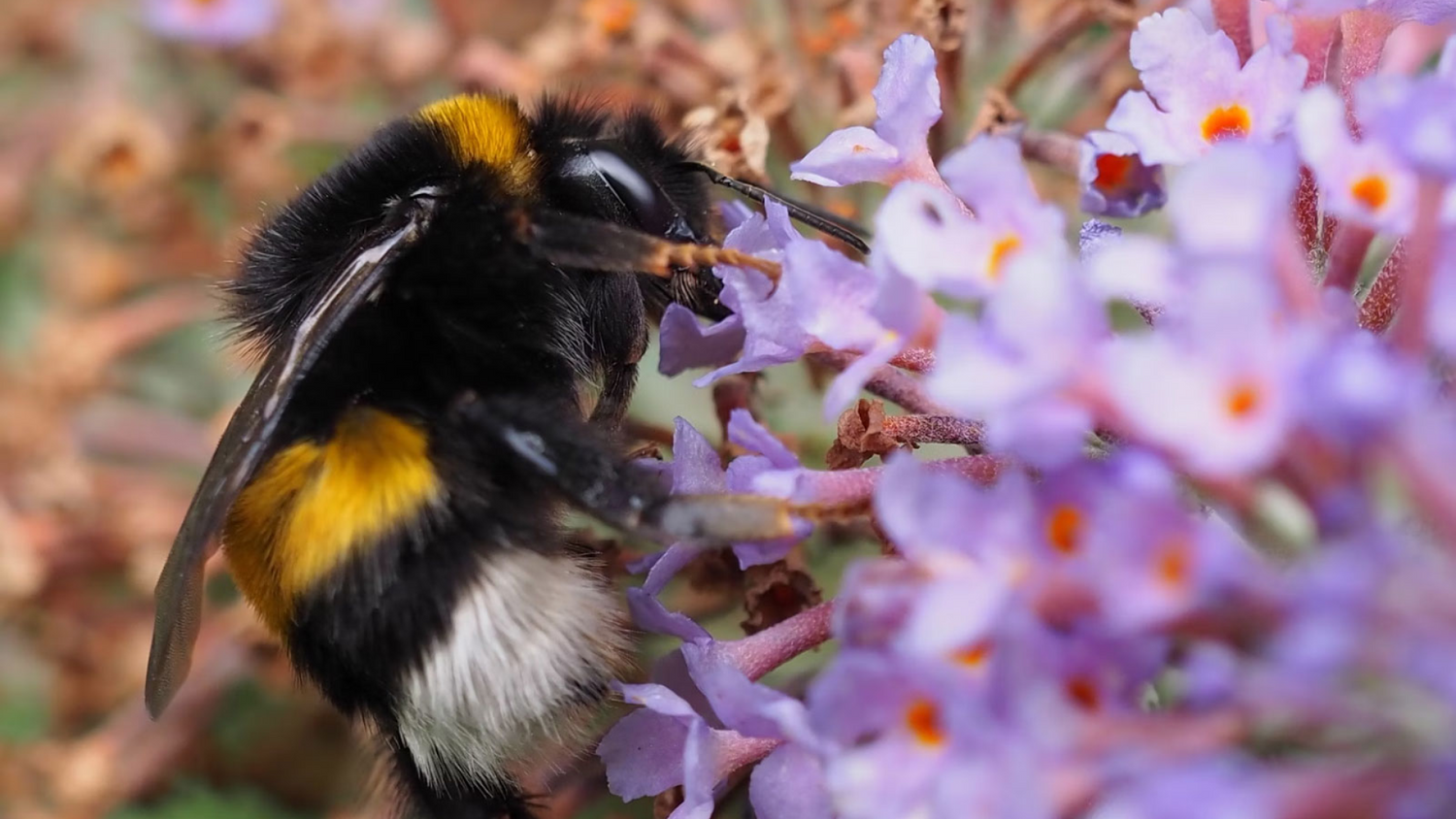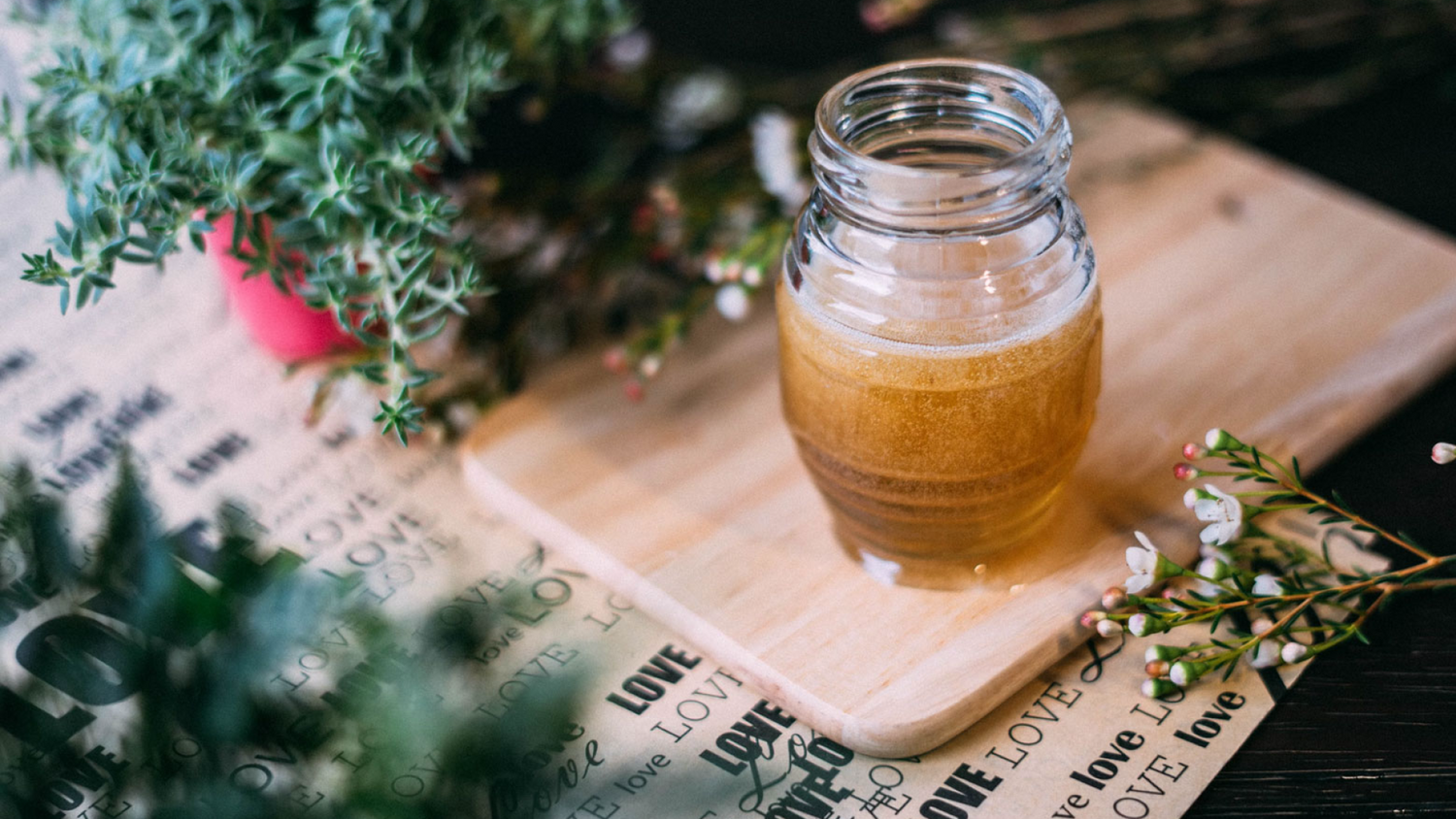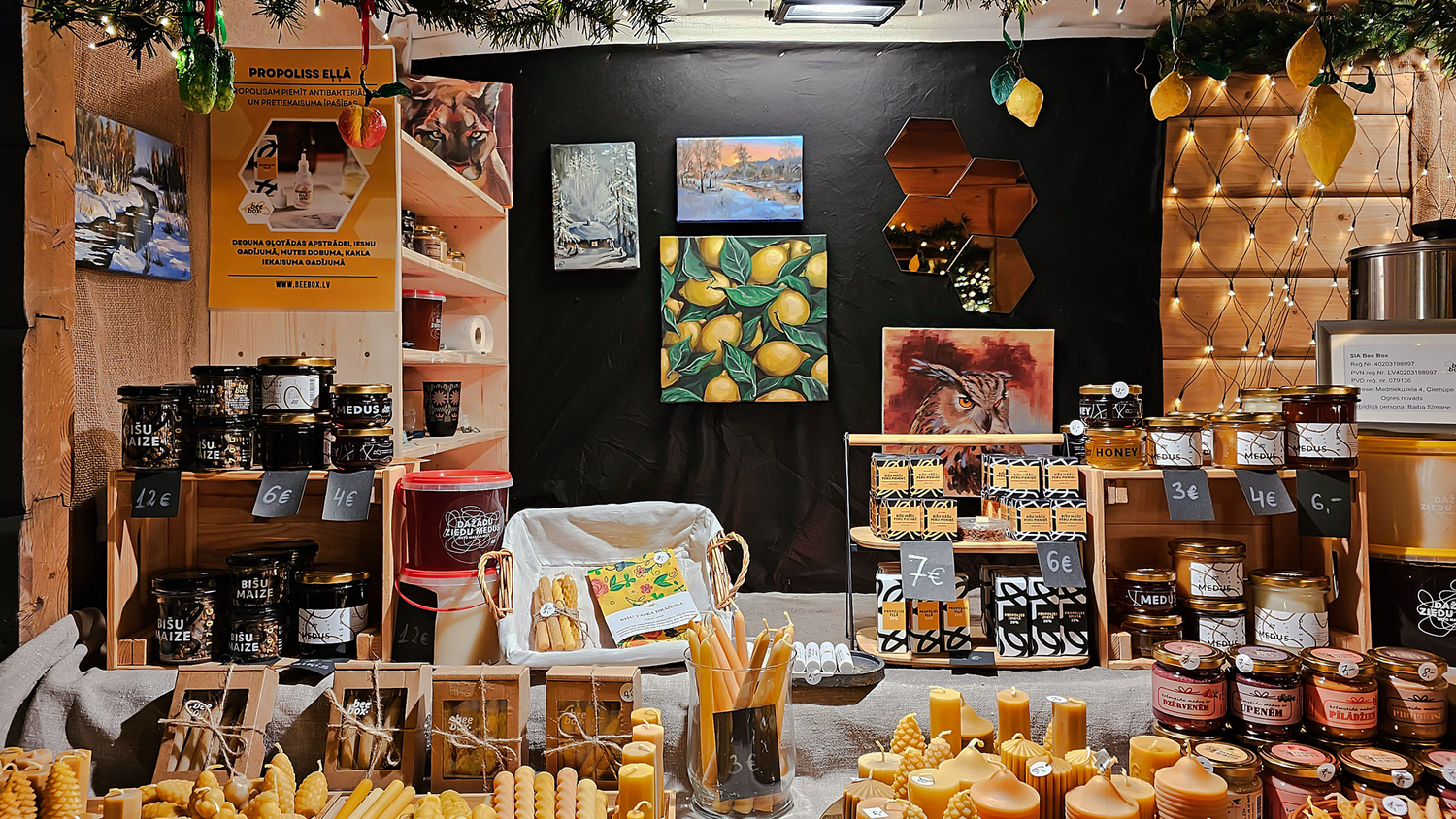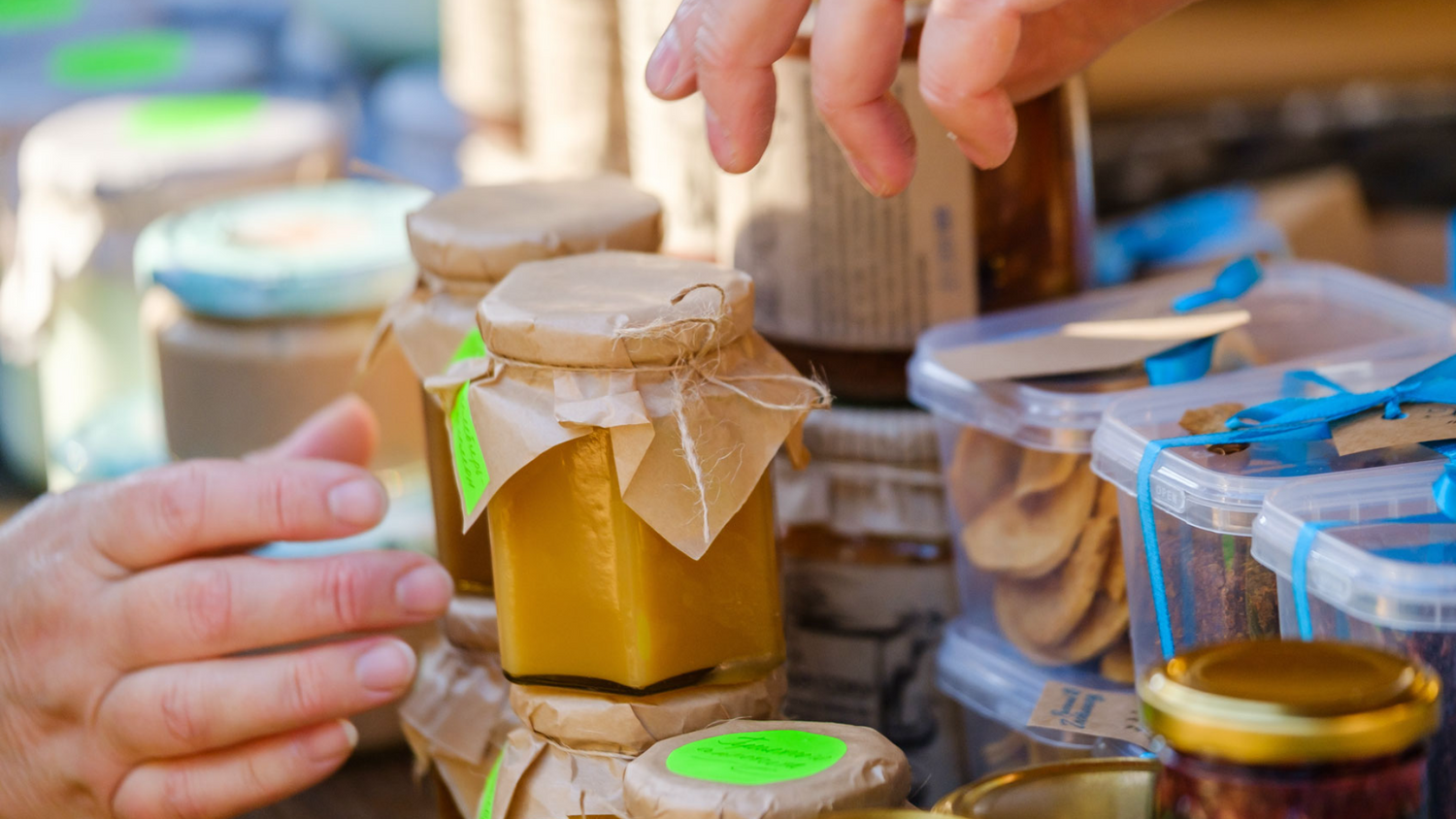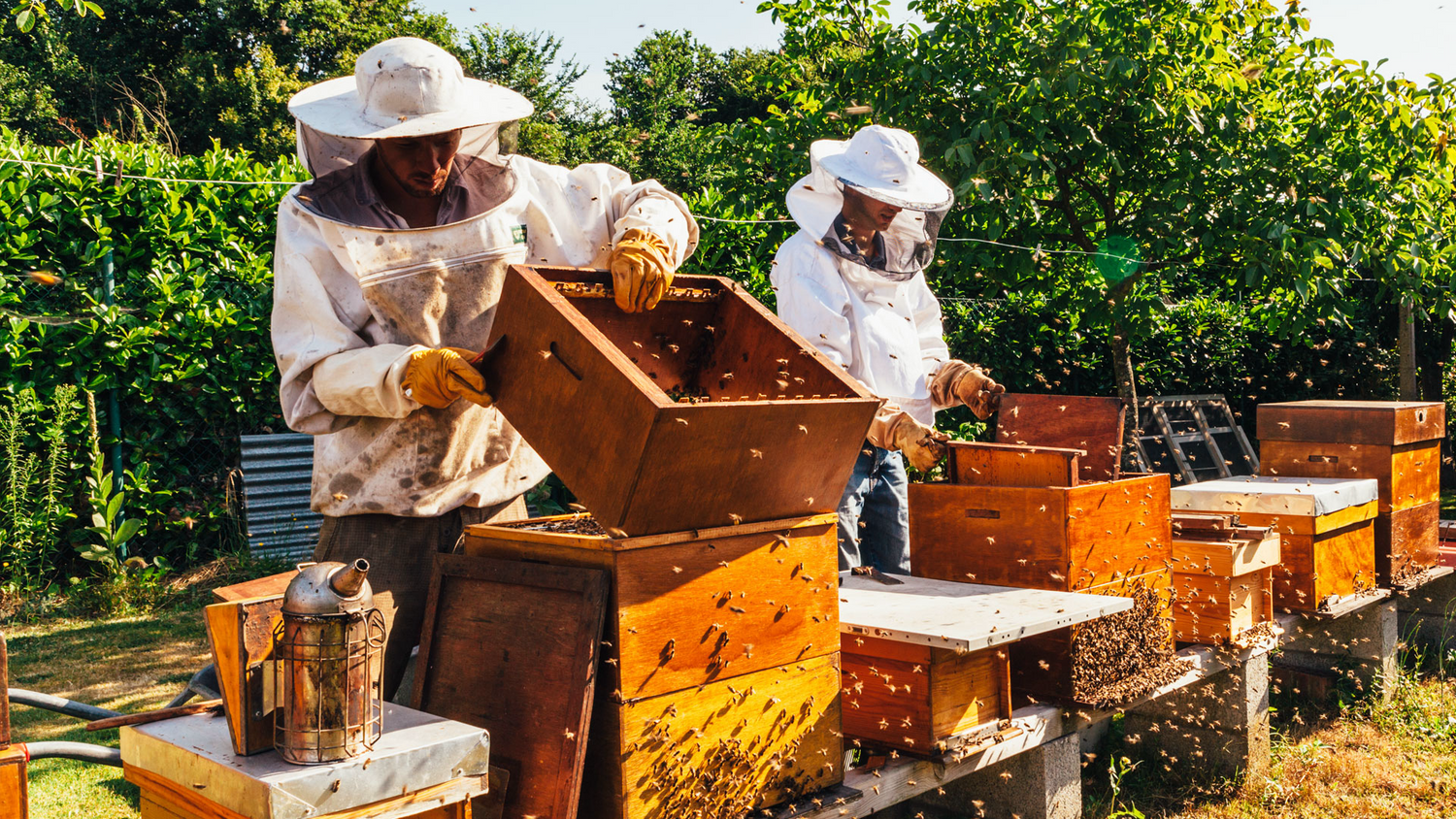What’s up to all of our friends in the community!?
Welcome to “Does Honey Spoil?” with the Honey House Team. Today, we’ll explore how honey’s unique composition ensures its longevity and what you can do to keep it fresh longer.
Say you’ve found a bottle of honey in your pantry, what may instantly come to mind is whether it has expired or if it is still safe to consume. If you are anything like us, you wouldn’t go through such a dilemma. We just love natural honey so much that we cannot get enough of it!
I mean, who can resist a spoonful of honey?
Here are the answers you need about honey’s shelf-life, proper storage, and the many ways you can use it:
A Long-lasting Magic
Did you know that honey was found by archeologists in ancient Egyptian tombs? What is more shocking is that it never spoiled! There are plenty more examples of places where honey has been found lasting the test of time! It is a testament to how pure and natural honey can last for a very long period. According to the National Honey Board, honey can remain for centuries when they are properly stored in sealed containers. This explains how human beings have enjoyed honey health benefits since ancient times!
The reason for this lies in honey’s biological makeup. It may seem magical but it is really all thanks to its low pH and high sugar content that don’t allow organisms to survive in honey. Honeybees actually secrete enzymes that produce hydrogen peroxide. Honey also contains other antimicrobial compounds, such as bee peptides, flavonoids, methylglyoxal, and polyphenols. The low moisture content, acidity, and antiseptic environment maintained by the variety of compounds keep bacteria at bay so they cannot do their dirty work on the honey.
The honey-making process which involves sealing off the honeycomb cells ensures zero contamination hence no chance for it to spoil. Logically, the only way for honey to go bad is when it has been added with other chemicals and when it is not sealed properly upon storage.
Aging Bee-autifully
Pure honey never expires. Stores usually put expiration or best-before dates on labels to determine a fresh batch of stock for consumers. While it doesn’t have an expiration date, honey still naturally goes through some changes over time. It can change its color, scent, taste, and texture.
Some of the factors that contribute to these changes are the containers used for storage and the changing weather conditions. Metal, plastic, and heat can oxidize honey. Oxidation makes honey go through the process of pasteurization or sterilization. What happens is that honey becomes darker and thicker.
Synthetic honey that goes through heavy processing will look freshly harvested even after a few months on the shelves. So don’t worry if you see changes in its properties because it is still safe to eat. More than anything, they tell you how pure the honey is!
Proper Storage to Enjoy Honey Indefinitely
The key to making the most out of honey is storing it correctly. Ever heard of fermentation? It is the process of developing enzymes that break down food, including honey, to spoilage. The risk of fermentation increases with moisture so the first thing to mind when storing honey is moisture control.
Here are things you can do to keep out moisture from honey:
Use an airtight container. Choose jars, bottles, and other types of containers with airtight lids.
Store in a cool, dry place. The ideal temperature to store honey is below 50 °F but it is ok to keep it at room temperatures between 50-70 °F.
Refrigeration. Cooler temperature keeps honey fresh. You can store it in the refrigerator but it may become denser and will crystallize faster. You may, however, bring it back to its liquid form by stirring it and warming the container in hot water. Remember not to overheat or boil as such will change the color and flavor of honey.
Keep it clean. Water and other contaminants allow bacteria, yeasts, and molds to grow in honey. You can avoid introducing impurities by not using dirty utensils when taking honey out of its container.
If in doubt, throw it out. Honey has a distinct sweet flavor and aroma but different types of honey vary in color, look, smell, taste, and texture. If it smells and tastes off, or if you see foam and water on top of it, then it is best to throw it out. Such conditions only mean that your honey was contaminated and spoiled.
Honey that is stored wrong will not last long. Specific storage instructions can be found on labels so it is best to check first if you are planning to use both unopened and unfinished jars at a later time.
What Can I Do with A Jarful of Honey?
Many people are doing studies about the connection between health and honey because this sweet, natural potion is more than just a tea sweetener. Other than enjoying a lot of honey health benefits, there are many things that you can do to make sure that you can consume that jar of honey in no time.
Sugar substitute. Aside from making drinks sweet, you may use honey as a sugar substitute when baking and cooking. It is sweeter than sugar and the unique flavor will help elevate the taste of baked desserts and other foods.
Sauces and salad dressings. Honey-mustard and honey-barbeque sauces are popular condiments for sandwiches, salads, and grilled dishes. Just stir up a couple of spoonfuls of honey in your usual marinade and dressing recipes for added sweetness and thickness.
First-aid treatment for wounds and burns. The antibacterial and anti-inflammatory properties of honey help reduce the risk of infection in the affected area. You only need a small amount of natural honey to speed up the healing process.
Daily immune booster. Honey is rich in antioxidants. Mix a tablespoon on your tea, smoothie, or simply take it straight up once a day and you have a natural immune booster against viruses and bacteria.
Soothe a sore throat. Honey reduces inflammation and combining it with warm water or tea makes it an effective sore throat remedy.
As you can see, using honey for its sweetness and medicinal properties is a natural and tasty way to enhance your health and well-being.
Remember that honey can last long only if you store it properly! It may look, smell, and taste less appealing than when it is freshly harvested but take note that you will still be able to enjoy all of the honey health benefits when you consume it even after the best-before date.
The Honey House team hopes you have been able to find this to be informative. If you have any questions or have had some fun beekeeping experiences please reach out to us on our social media platforms, and tell us all about it. Let’s build a community!

